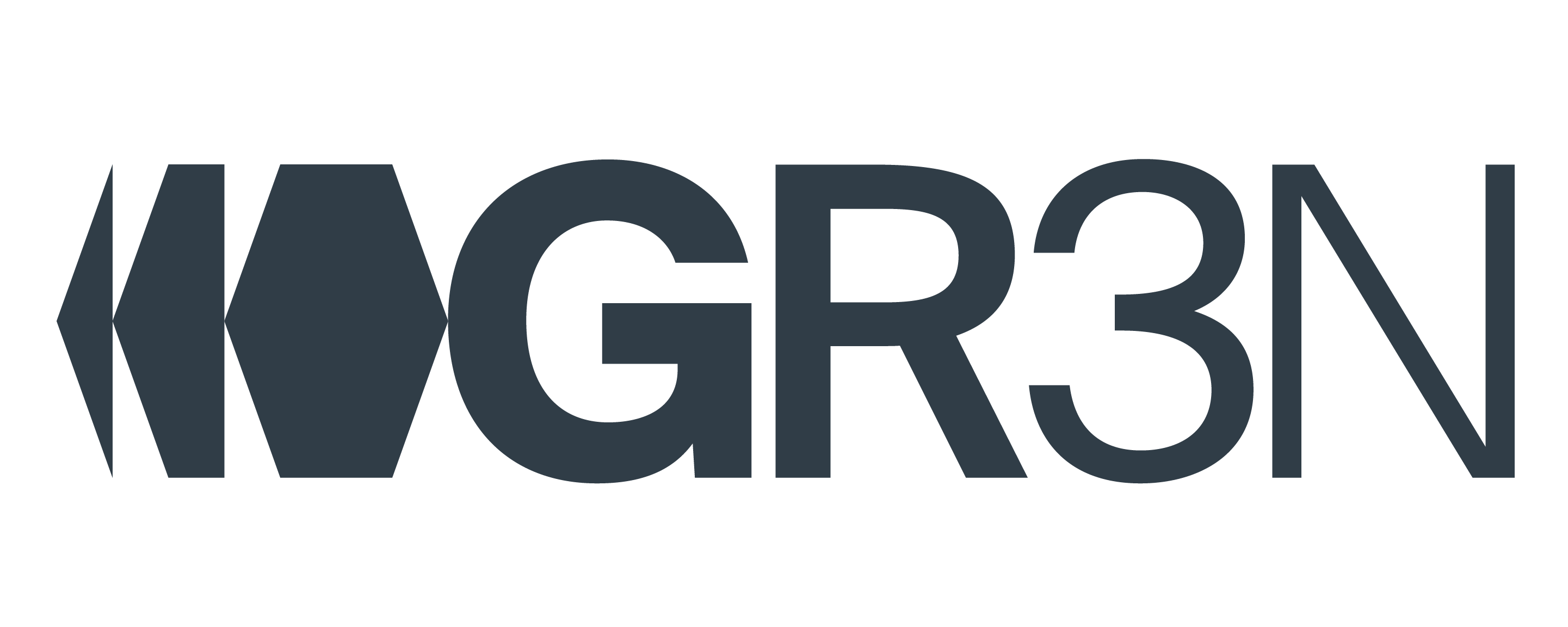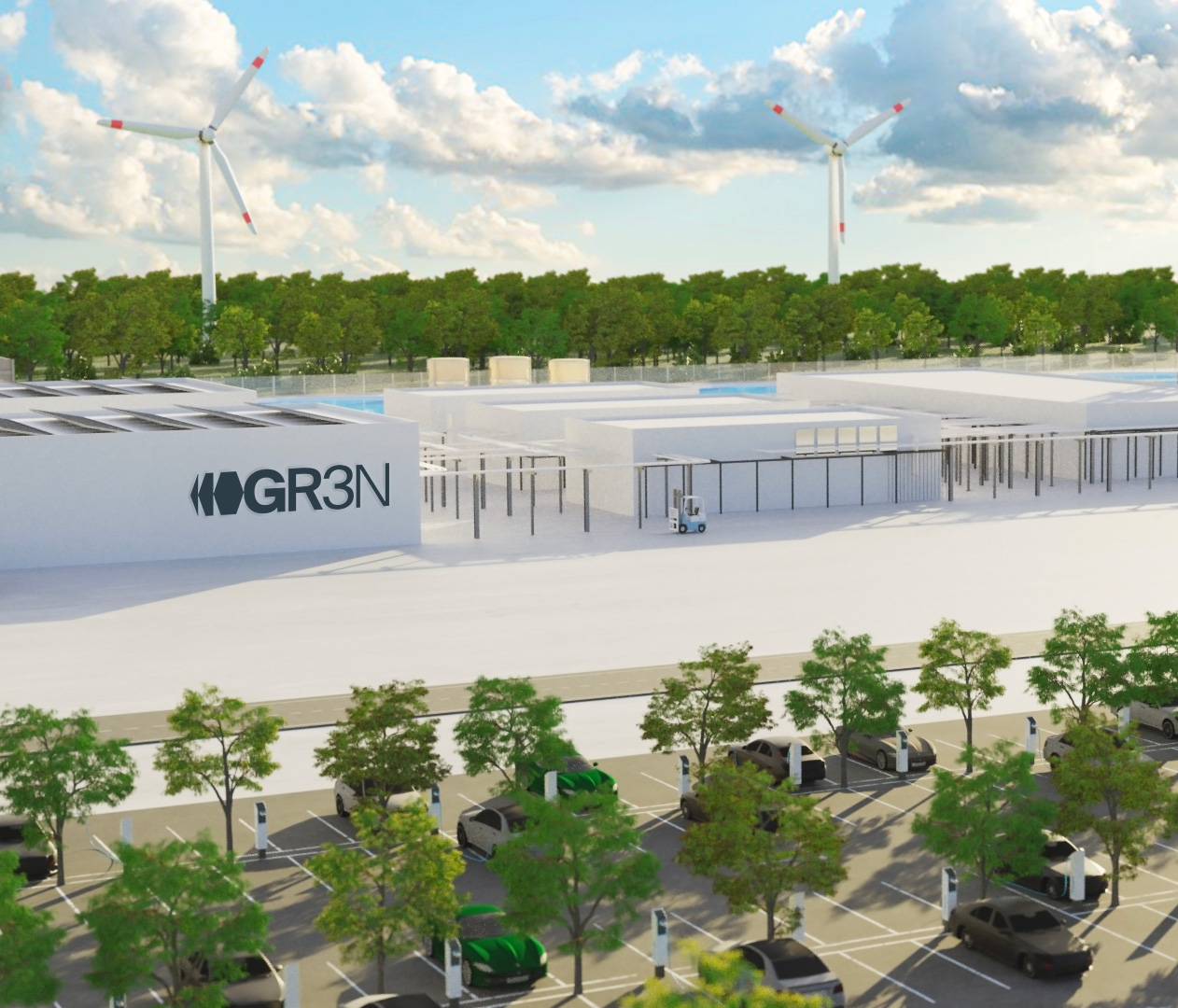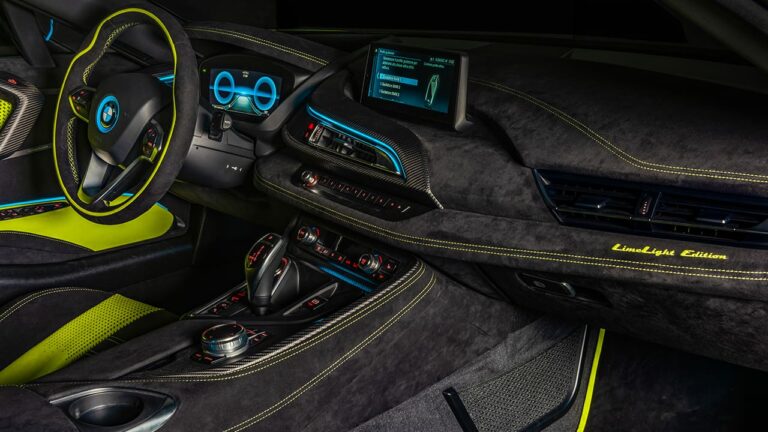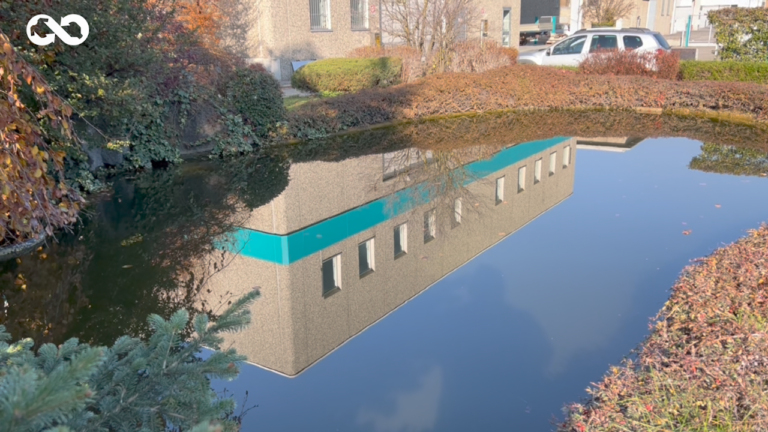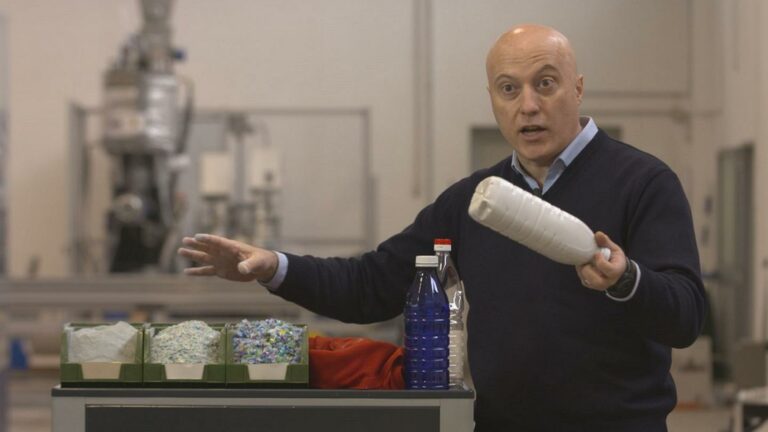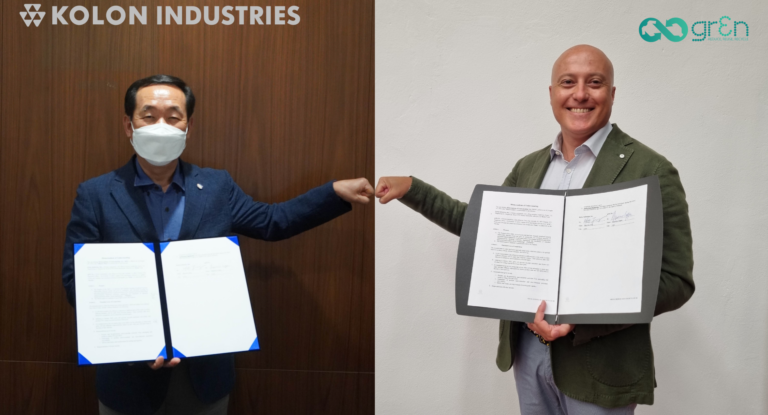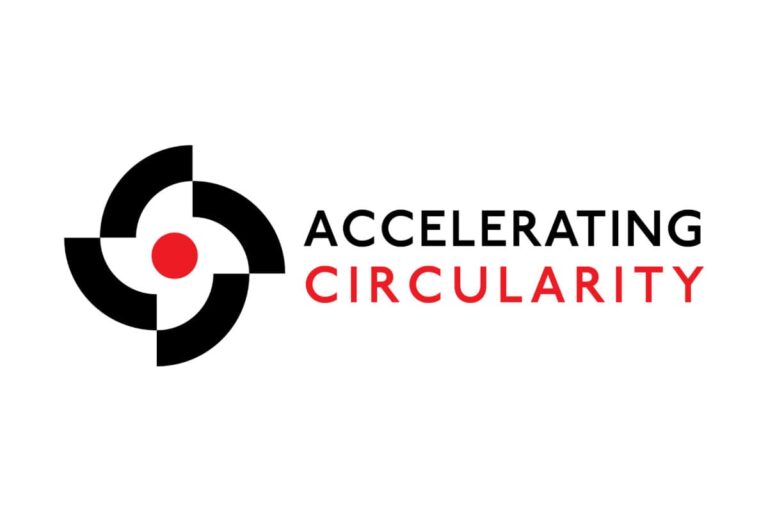gr3n to build in Spain – the first-of-a-kind manufacturing plant for microwave assisted depolymerization of PET in partnership with Intecsa Industrial.
Lugano, Switzerland, July 24, 2023 – gr3n today announced that its goal of being the world’s leading supplier of enhanced recycled polyethylene terephthalate (PET) is closer to becoming a reality, thanks to the signing of a binding Memorandum of Understanding (MOU) with its shareholder Intecsa Industrial to set up a Joint Venture. gr3n together with Intecsa Industrial will join forces and build a “First-of-a-Kind” (FOAK) manufacturing facility able to produce 40.000 tons of virgin-like PET, commencing EPC phase in Q4-2024 and aiming to be operational in 2027. gr3n’s unique chemical recycling technology is capable of processing PET from various industries including textile waste, closing the loop for hard-to-recycle PET applications.
“This is a huge step for gr3n, as it will allow us to grow even more, showing enhanced recycling is something tangible and that it is possible to bring MADE, our Microwave Assisted Depolymerization, to market,” said Maurizio Crippa, gr3n Founder and Chief Executive Officer. “Shareholders have the full view on gr3n’s operations, so moving forward with one of them is further confirmation of their trust but also of the strength of the data and the results generated”.
gr3n’s process has the potential to change the way PET is recycled worldwide, enabling huge benefits for both the recycling industry and the entire polyester value chain. Many efforts have been made in the past to transfer enhanced recycling from research laboratories to the manufacturing industry, but the economics and skepticism of the first adopters have constantly blocked the progress of the proposed solutions. Thanks to the MADE technology developed by gr3n, this approach is now feasible and makes gr3n one of the few companies with the potential to provide a reliable enhanced recycling solution that closes the life cycle of PET, and also offers food grade polymer material, processes a large variety of waste and reduces the carbon footprint of these materials usually destined for incineration or landfill.
“gr3n has the potential to change the recycling industry, as their technology allows us to tackle things other technologies cannot,” said Ramiro Prieto, Commercial and New Business Units Director at Intecsa Industrial. “This means expanding the raw material that can be recycled, then accelerating the transition to the circular economy. As Industrial partner and shareholder, we are part of the board but we have also had the opportunity to perform the basic engineering of the industrial plant, thus we are well acquainted with the technology which we firmly believe is now ready to level up”.
“We’re really thrilled to see all the great things gr3n is up to and how they’ve been pushing the boundaries of technology, and we believe that gr3n’s technology will be a key player in the path towards the closed loop of PET sector. Our partnership with gr3n reflects our focus on accelerating the implementation of Intecsa’s deep technical and operational expertise in industrial plants. At Intecsa we are convinced that this will be a game changer”, said Ernesto De La Serna, Director of New Developments and Innovation at Intecsa Industrial.
The world’s first industrial-scale MADE PET recycling plant will have the capability to process post-industrial and post-consumer PET waste including hard-to-recycle waste, to produce approximately 40.000 tons of virgin PET chips from the recycled monomers saving nearly 2 million tons of CO2 during its operating life. The post-consumer and/or post-industrial polyesters will be both from bottles (colored, colorless, transparent, opaque) and textiles (100% polyester but also mixtures of other materials like PU, cotton, polyether, polyurea, etc. with up to 30% of presence in the raw textile).
The technical concept of the MADE plant is to break down PET into its main components (monomers) so they can potentially be re-polymerized endlessly to provide brand new virgin PET or any other polymer using one of the monomers. Polymers obtained can be used to produce new bottles/trays and/or new garments, essentially completely displacing feedstock material from fossil fuels, as the recycled product has the same functionality as that derived traditionally. This means that gr3n can potentially achieve bottle-to-textile, textile-to-textile, or even textile-to-bottle recycling, moving from a linear to a circular system.
About gr3n
gr3n developed an innovative process, based on the application of microwave technology to alkaline hydrolysis, which provides an economically viable approach to the recycling of Polyethylene Terephthalate (PET), allowing for its industrial implementation.
The gr3n process is economically sustainable and industrially viable as it breaks down any type of PET and polyester plastic into its two core components (PTA and MEG monomers), which can then be re-assembled to obtain virgin-like plastics allowing endless recycling loops. This new process has the potential to change how PET is recycled worldwide, with huge benefits both for the recycling industry and for the entire polyester value chain.
The company’s goal is to become the world-leading supplier of recycled PET and polyester, addressing the global need for virgin plastics and triggering a truly circular approach to plastic recycling. gr3n is part of PETCORE Europe, Chemical Recycling Europe, and Accelerating Circularity.
For further information:
About Intecsa Industrial
Intecsa Industrial is an international company that was born in 1965 as the industrial engineering arm of the largest construction group in Spain and early afterward provided full integral solutions for Engineering, Procurement & Construction of projects worldwide.
Our rooted entrepreneurship and extensive knowledge from innovation, process design, and engineering to the execution of Projects, propose us as the right partner to provide full turnkey solutions to our clients. In parallel our ability to handle complex projects combined with our adaptability in implementing innovative solutions are the strengths that drive our industrialization of innovation.
Industrial has been working since its origin, in the energy sector, petrochemical plants, as well as in the industrial and infrastructures sectors, where has acquired valuable experience and competence.
For further information:
